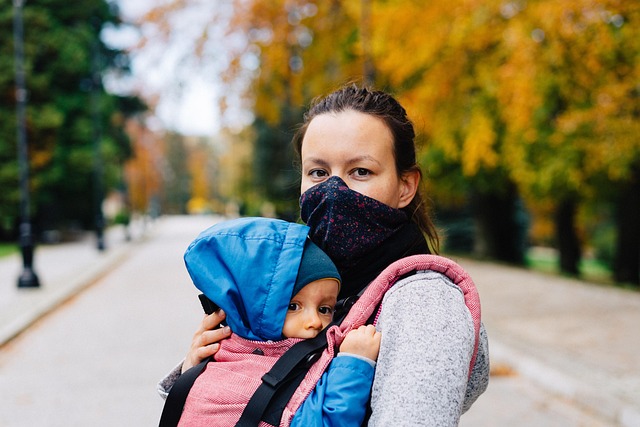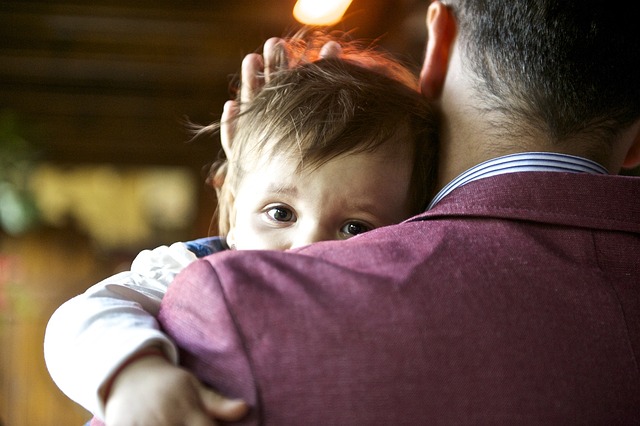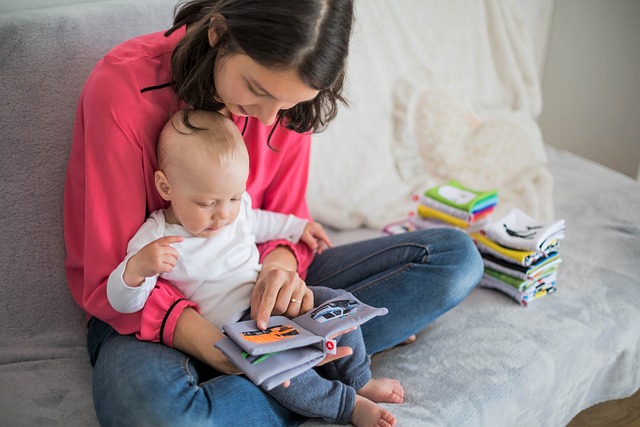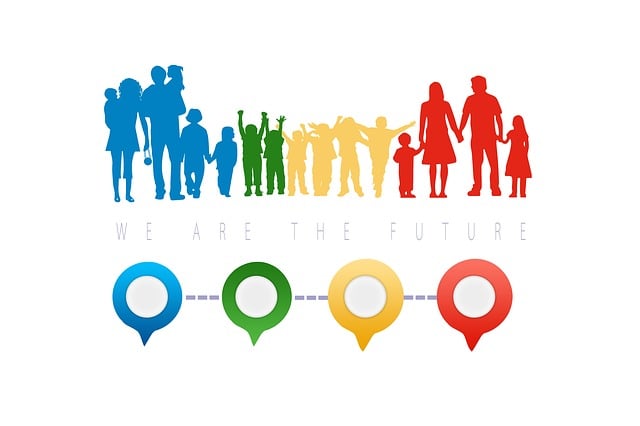Child welfare legal services in Oregon, led by dedicated teams within the Department of Human Services (DHS), protect at-risk children while balancing parental rights. Organizations like Marion County Child Advocacy provide holistic support, addressing legal advocacy and mental health needs. The Oregon child protective services law maintains a delicate equilibrium between child safety and familial integrity, with DHS handling cases rigorously but fairly. Marion County's Child Advocacy Center brings stakeholders together for efficient responses, prioritizing child welfare and parental rights protection. Key aspects include DHS child welfare cases, parental rights safeguard, and collaborative community efforts in Oregon family law.
“Uncovering Legal Insights into Child Welfare Policy and Law explores the intricate web of protections for vulnerable children. From understanding the crucial role of Child Welfare Legal Services and their key responsibilities to examining the delicate balance between safety and family integrity in parental rights protection, this article delves into essential legal considerations.
We analyze DHS child welfare cases, highlighting procedures, oversight, and due process, while shining a spotlight on Marion County’s local efforts in enhancing child protection. Additionally, we dissect Oregon Family Law’s profound impact on child welfare through its provisions and support for vulnerable populations.”
- Understanding Child Welfare Legal Services: An Overview of Key Responsibilities and Roles
- Parental Rights Protection: Balancing Safety and Family Integrity Under the Law
- DHS Child Welfare Cases: Procedures, Oversight, and Due Process Considerations
- Marion County Child Advocacy: Local Efforts to Enhance Child Protection and Support
- Child Protective Services Law: Key Provisions and Their Impact on Vulnerable Populations
- Oregon Family Law and Its Influence on Child Welfare: A Comprehensive Look at State Regulations
Understanding Child Welfare Legal Services: An Overview of Key Responsibilities and Roles

Child welfare legal services play a pivotal role in protecting and promoting the well-being of children within their families. In Oregon, these services are typically provided by dedicated legal teams within the Department of Human Services (DHS), specifically designed to handle child protective services law cases. Their primary responsibility is to ensure the safety and security of at-risk children while also respecting and upholding parental rights protection. These legal professionals navigate complex family law issues, especially in high-conflict situations, to reach resolutions that are in the best interests of the child.
The Marion County Child Advocacy team, for instance, operates as a multi-disciplinary unit, collaborating closely with various agencies to create a comprehensive support system. They manage DHS child welfare cases, offering legal guidance and representation to both parents and children involved. This collaborative approach ensures that every aspect of a child’s needs is addressed, from legal advocacy to mental health support, fostering a more holistic recovery process.
Parental Rights Protection: Balancing Safety and Family Integrity Under the Law

In the realm of child welfare legal services, balancing the safety and well-being of children with the preservation of familial integrity is a delicate task. Parental rights protection plays a crucial role in this dynamic, especially in DHS child welfare cases where the state often steps in to ensure the child’s security. Organizations like Marion County Child Advocacy offer critical support in these situations, working collaboratively with Oregon family law professionals to find solutions that safeguard both the child and the family unit.
The child protective services law, as interpreted and enforced in Oregon, aims to maintain a healthy tension between protecting vulnerable children and preserving parental rights. This balance is essential to avoid unnecessary separation of families while also ensuring that children are not subjected to unsafe living conditions. Such legal considerations require a nuanced understanding of both child welfare policies and the complexities of family dynamics.
DHS Child Welfare Cases: Procedures, Oversight, and Due Process Considerations

In the context of Oregon family law and child protective services law, DHS (Department of Human Services) child welfare cases are governed by stringent procedures designed to balance protection of vulnerable children with due process considerations for parents. These cases often involve complex issues related to parental rights protection, where Marion County Child Advocacy teams play a crucial role in ensuring fair and efficient processes. The oversight mechanisms within the DHS child welfare system are vital to maintaining transparency and accountability, upholding the constitutional rights of all involved parties, and ultimately promoting positive outcomes for children in need.
Due process is a cornerstone of these proceedings, reflecting the state’s commitment to fairness and justice. Parents have legal rights to be informed of allegations, to challenge evidence, and to participate actively in cases affecting their children. The child welfare legal services provided by Oregon’s DHS ensure that all parties are guided through the intricate processes, from initial investigations to court hearings, with a primary focus on the best interests of the child while safeguarding parental rights.
Marion County Child Advocacy: Local Efforts to Enhance Child Protection and Support

Marion County, Oregon, stands out for its dedicated efforts in child advocacy, showcasing a robust local response to enhance child protection and support systems. The county’s Child Advocacy Center (CAC) serves as a pivotal hub, coordinating services for children affected by abuse or neglect. This comprehensive approach brings together various stakeholders, including law enforcement, prosecutors, defense attorneys, social workers, and mental health professionals, ensuring a holistic and efficient response to DHS child welfare cases.
By prioritizing child welfare legal services, Marion County aims to safeguard parental rights protection while providing necessary resources for vulnerable children. The CAC facilitates specialized services tailored to each child’s unique needs, fostering healing and recovery. This local initiative underscores the critical role of community engagement in Oregon family law, where collaborative efforts can significantly impact positive outcomes in child protective services law cases.
Child Protective Services Law: Key Provisions and Their Impact on Vulnerable Populations

Child Protective Services (CPS) Law is a cornerstone of child welfare policies, designed to safeguard vulnerable children from abuse and neglect. This legislation encompasses a set of key provisions that dictate how CPS agencies operate, from investigation protocols to removal and placement decisions. In Oregon, for instance, the law emphasizes the well-being and safety of children as its primary goal, with specific guidelines on when intervention is necessary. These rules include criteria for determining child safety risks, factors that influence removal from the home, and requirements for providing services to both children and families to prevent or resolve issues.
The impact of these provisions extends beyond individual cases, significantly affecting vulnerable populations within Marion County and across Oregon. By prioritizing the protection of parental rights while ensuring the safety of children, CPS Law fosters a delicate balance. It empowers agencies like DHS child welfare departments to intervene when necessary but also encourages the provision of family-focused services to strengthen relationships and prevent future crises. This multifaceted approach recognizes that stable and nurturing families are essential for a child’s healthy development, thereby reducing the long-term impact of adverse experiences on Oregon’s young people.
Oregon Family Law and Its Influence on Child Welfare: A Comprehensive Look at State Regulations

Oregon Family Law plays a pivotal role in shaping the state’s approach to child welfare, offering critical insights into the intricate balance between parental rights protection and the ultimate goal of ensuring children’s safety and well-being. The state’s regulations reflect a comprehensive understanding of the complex dynamics involved in DHS child welfare cases. These laws not only guide the process of child protective services but also influence how Marion County Child Advocacy centers operate, fostering a collaborative environment to serve the best interests of vulnerable children.
Key aspects of Oregon Family Law, such as the legal framework surrounding parental rights and custody decisions, have a direct impact on child welfare practices. The state’s statutory guidelines ensure that while parents’ rights are respected, any decision is subject to rigorous scrutiny to prevent potential harm to children. This delicate equilibrium is essential, especially in cases where families face challenges, allowing for interventions while maintaining the familial bond.






